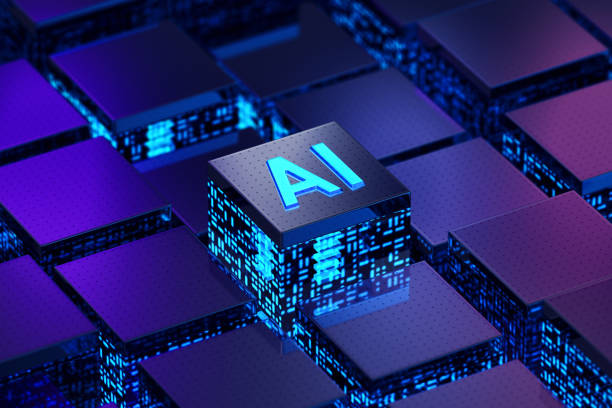Navigating the Frontier of Innovation and Ethical Considerations in Artificial Intelligence
Introduction:
In the rapidly evolving landscape of technology, Artificial Intelligence (AI) stands out as a frontier of innovation with the potential to revolutionize various aspects of our lives. As we journey into this realm of boundless possibilities, it becomes imperative to not only marvel at the advancements but also critically examine the ethical considerations that accompany this powerful technology.
The Rise of Artificial Intelligence:
Artificial Intelligence, often abbreviated as AI, refers to the development of computer systems capable of performing tasks that typically require human intelligence. From machine learning algorithms to natural language processing, AI has made significant strides in automating processes, enhancing efficiency, and solving complex problems. As industries embrace AI applications, the impact on healthcare, finance, education, and more is undeniable.
Innovation and Transformation:
One of the key drivers of AI's widespread adoption is its capacity to innovate and transform industries. In healthcare, AI algorithms analyze medical data to aid in diagnosis and treatment plans, potentially saving lives. Financial institutions leverage AI for fraud detection and risk management, ensuring the security of financial transactions. Educational technologies powered by AI enhance personalized learning experiences, catering to individual needs and abilities.
However, as AI becomes more ingrained in our daily lives, it brings forth ethical considerations that demand our attention and scrutiny.
Ethical Considerations in Artificial Intelligence:
1. Bias and Fairness:
AI systems are only as good as the data they are trained on. If the training data is biased, the AI algorithms can perpetuate and even amplify existing biases. This raises concerns about fairness, especially in decision-making processes that impact individuals' lives. Striking a balance between innovation and fairness is crucial to avoid reinforcing societal inequalities.
2. Privacy Concerns:
The increasing reliance on AI involves the collection and analysis of vast amounts of personal data. This raises valid concerns about privacy and the potential misuse of sensitive information. As AI applications become more sophisticated, it is vital to establish robust privacy frameworks to protect individuals' rights and ensure responsible use of data.
3. Transparency and Accountability:
AI systems often operate as "black boxes," making it challenging to understand the reasoning behind their decisions. Establishing transparency in AI algorithms is essential for building trust and accountability. Users and stakeholders should be informed about how AI systems work, and mechanisms for challenging decisions should be in place.
4. Job Displacement:
The widespread implementation of AI in various industries has sparked concerns about job displacement. While AI can create new job opportunities, it can also render certain skills obsolete, leading to unemployment in specific sectors. Addressing these economic implications is crucial to ensure a just transition into an AI-driven future.
Conclusion:
As we navigate the frontier of innovation in Artificial Intelligence, it is paramount to acknowledge and address the ethical considerations that accompany this powerful technology. Striking a balance between progress and responsibility is essential to harness the full potential of AI while safeguarding individual rights and societal well-being. Through transparent practices, unbiased algorithms, and thoughtful regulation, we can shape an AI future that is both innovative and ethically sound.
